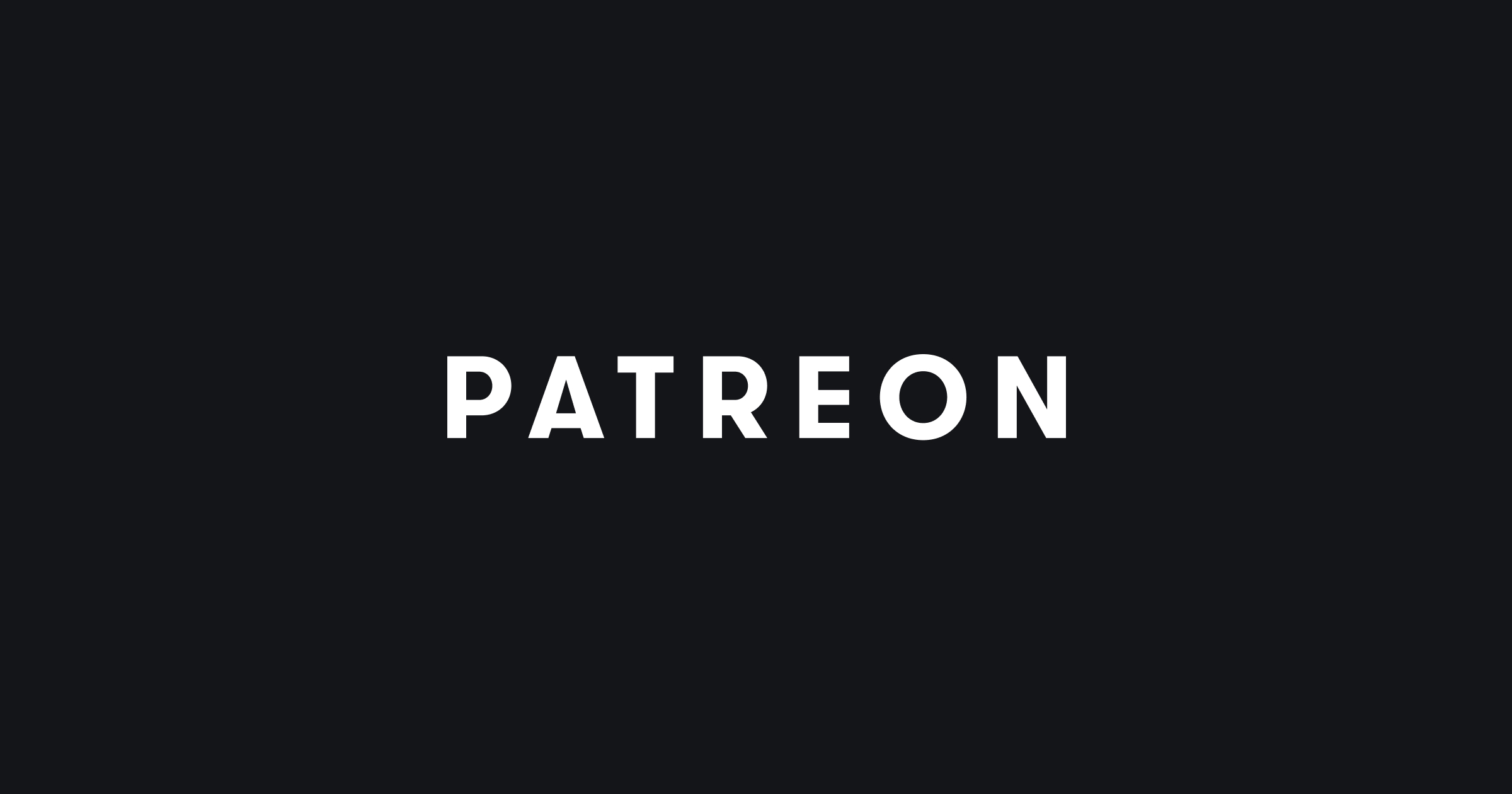Of course, the disenchanted early-modern perspectives which treated wilderness as barrenness were themselves relatively recent. As Andreas Malm points out, the European capitalist class was born in hatred of wildness. For Locke, wildness was not to be protected or revered, but to be subdued. Whatever was deemed wild, be it a forest or a population, was defined mainly by desolation, by what it lacked: subordination to the grid of production.
Where does the idea of "wilding" fit into this? As the -ing suffix implies, it is not a 'return to nature' but an artifice. It is a form of geoengineering. In a qualified endorsement of geoengineering, the science-fiction writer Kim Stanley Robinson argues that the term must be rethought: "engineering implies we know what we’re doing more than we really do. Also, that we have more powers than we actually have." In this sense, wilding could be seen as a form of geoengineering on a small scale. It entails, not the retrusion and abdication of humanity, but our assumption of collective responsibility, within the necessary limits of our powers and knowledge. As Monbiot put it in his 'wilding' book, Feral, it isn't to restore ecosystems to any prior "natural" state but to engineer a set of circumstances where natural processes can take place.
This has no intrinsic political valence, however. It need not even be primarily motived by ecological considerations. It can be used to turn land, where farming has ceased to be profitable, into a commercial 'natural beauty' spot -- as with the Knepp Wildland in West Sussex. Moreover, as Monbiot acknowledges, "wilding" has a dark history. Even when not deployed as part of a brutally racist, blood and soil enterprise, most wildings have been the spontaneous result of "humanitarian disasters" -- massacres, plagues, starvation. From a certain perspective, the wilding of the planet would be coextensive with human extinction, as in the eerily beautiful, closing passages of Gore Vidal's novel, Kalki.
the arguments are intriguing but im mostly saving this for the understated beauty of the writing

